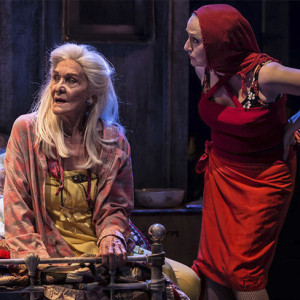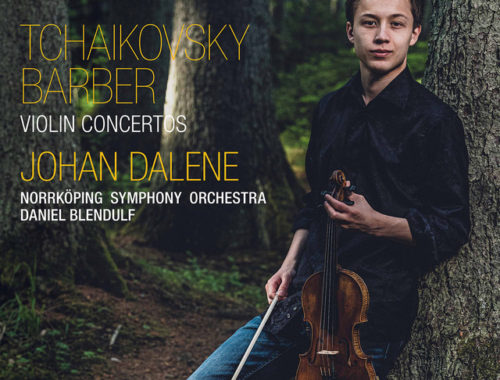Grey Gardens, Southwark Playhouse
 It’s not hard to see why Grey Gardens – the musical – has become such a collector’s item. This strange but true tale of American royalty gone rogue, of Jacqueline Kennedy’s rebellious relatives, of a stain on the Bouvier clan somehow exposing the rot at the heart of the American dream was/is irresistible. We all fell for the delicious anarchy of Albert Maysles’ splendid documentary but equally picked up on the sadness of what was at heart an extreme case of co-dependancy. But when “Little Edie Beale said “It’s very diffiicult to keep the line between the past and the present” she unlocked what makes Scott Frankel, Michael Korie, and Doug Wright’s work really special.
It’s not hard to see why Grey Gardens – the musical – has become such a collector’s item. This strange but true tale of American royalty gone rogue, of Jacqueline Kennedy’s rebellious relatives, of a stain on the Bouvier clan somehow exposing the rot at the heart of the American dream was/is irresistible. We all fell for the delicious anarchy of Albert Maysles’ splendid documentary but equally picked up on the sadness of what was at heart an extreme case of co-dependancy. But when “Little Edie Beale said “It’s very diffiicult to keep the line between the past and the present” she unlocked what makes Scott Frankel, Michael Korie, and Doug Wright’s work really special.
Showing us the back-story to the true-life documentary, cross-fertilising 1941 and 1973, and boldest of all, demolishing the fourth wall and making us the audience complicit in that “present” add layers to an already strange tale helping us understand the whys and wherefores and intensifying our empathy with these erstwhile aristocrats growing old disgracefully. Thom Southerland’s deft and pretty flawless production further adds to that “disconnect” between the 40s and 70s by playing out the entire drama – including the glory days of the Grey Gardens mansion – in its withering shell (marvellous set from Tom Rogers).
Doug Wright’s book is terrific – anarchic and edgy – and plays like a “straight” play shot through with songs that start out as almost “incidental” (as in the drawing room variety) and end up curiouser and curiouser. The way the compsoer Scott Frankel inhabits the 1940s roots of the piece conveying an authnticity of style but lending it a tarnished quality, to0, is especially telling. Michael Korie’s smart lyrics connect seamlessly with the tone of Wright’s book. “Will You?” is a cry from the heart masquerading as a torch song, “Around the World” might emanate from a long lost musical box, “Jerry Likes My Corn” invokes the sweetest and strangest of infatuations, and “Another Winter in a Summer Town” is the most poignant and restrained (and beautiful) of eleven o’clock numbers.
Another brilliant coup of the show lies with the same actress playing both the mother in her past and daughter in her present – and when that actress is Jenna Russell in what I feel sure will be a career-defining performance the effect on the piece is transformative. Russell is so real, so comfortable in both skins and so gloriously deluded in her relish of “Little” Edie’s low-couture that she doesn’t have to work at the comedy or indulge our sympathies when the realisation of where her life might have gone comes back to haunt her. But it’s too late to leave, that ship has sailed. She and her mother – the wonderful Sheila Hancock – are one, two of a kind in trouble and strife, love and hate, and there is comfort in their skewed bond of trust. Whatever you think of Grey Gardens – and I’ve never found it the easiest of shows to love – that will surely get to you – because of the two extraordinary ladies who bring them to life. They need to be seen.
Final words for the producer of Grey Gardens – Danielle Tarento – who time and again bodly goes where no West End producers would ever go. Thank heavens for her. The quality of what she pulls together – losgistically, technically – in the trickiest of venues is beyond extraordinary.


